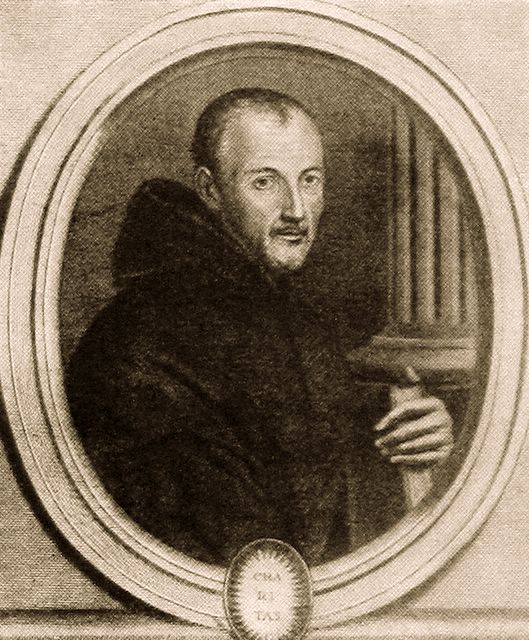 The 46th known Mersenne prime number has been found. It is 13 million digits long. How large is that? According to Julie Rehmeyer at Science News (September 28, 2008), its size is mind-boggling:
The 46th known Mersenne prime number has been found. It is 13 million digits long. How large is that? According to Julie Rehmeyer at Science News (September 28, 2008), its size is mind-boggling: With nearly 13 million digits, it makes the number of atoms in the known universe seem negligible, a mere 80 digits.So we are here in the realm of numbers much bigger than the real world.
Note: Prime number = numbers like three, seven, 11, 29, and 31, which can be divided only by two whole positive numbers: themselves and one. Primes are common in the first few hundred digits of natural numbers, but get rarer the higher you go. In the very large numbers, there are vast "prime deserts" where finding another one may take years even with modern computing equipment. The UCLA team has discovered 8 Mersenne primes, using spare computing power.
Mersenne primes, as noted on Fox News (and elsewhere), are named after their discoverer, 17th century French mathematician Marin Mersenne. They
... are expressed as 2P-1, or two to the power of "P" minus one. P is itself a prime number. For the new prime, P is 43,112,609.This method of expressing the number means that it does not need to be written out. Mersenne primes are the easiest type to find using computing power, though they tend to be quite large.
Here is the "Great Internet Prime Search's" (prime searchers') news page, where they explain how they will divide the $100 000 prize that the Electronic Frontier Foundation is giving them for their find.
Here's a lot more about primes.
See also:
Morning coffee: Mathematicians vs. physicists
Universe shaped like a nautilus shell on a large scale, it seems
(Note: The image is of Pere Marin Mersenne from the Laboratoire Marin Mersenne. )

